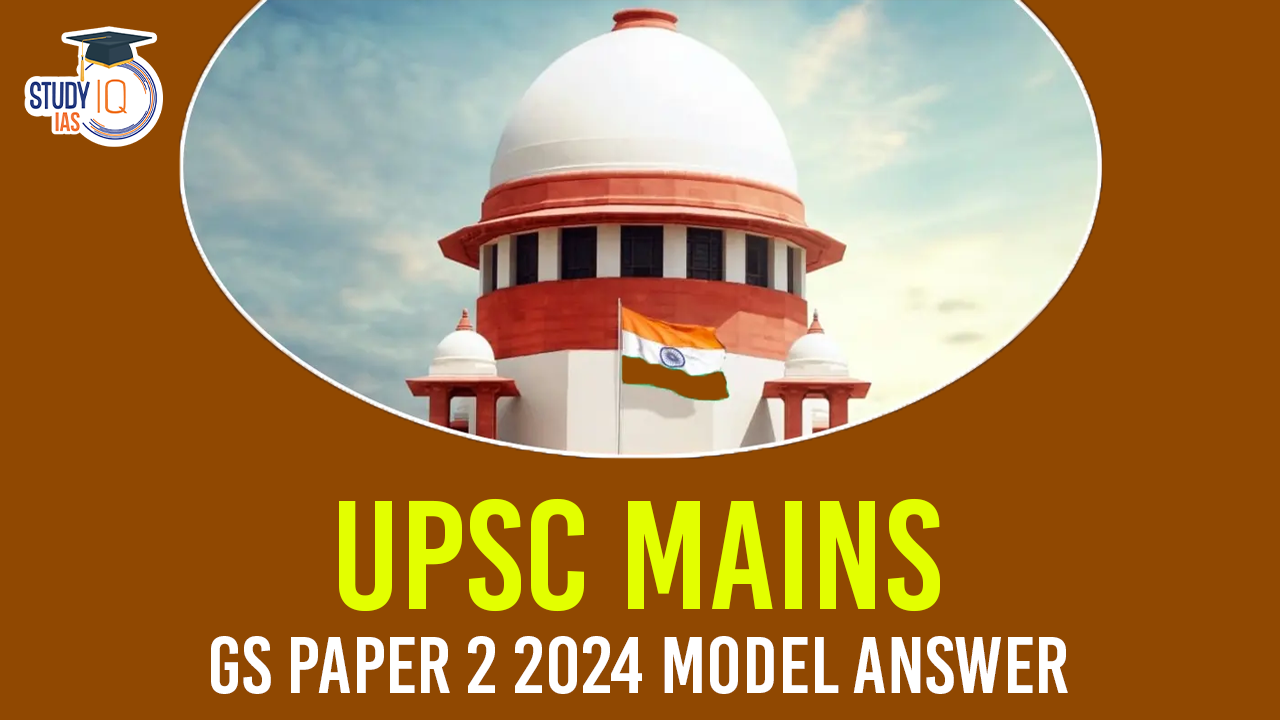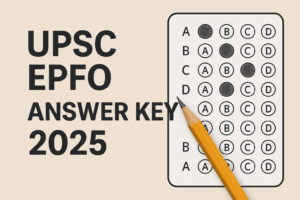Table of Contents
Introduction
The Comptroller and Auditor General (CAG) is a pivotal constitutional authority who plays a vital role in ensuring financial accountability and transparency in government functioning by acting as a guardian of the public purse.
CAG ensuring legality of expenditure
- Public audit: CAG conducts legal, regulatory and propriety audits.
- Eg: The CAG’s report on the Commonwealth Games held in Delhi in 2010 found a loss of Rs 1,600 crore to the exchequer due to corruption in organising the games.
- Article 279: The CAG calculates and certifies the net proceeds and his certification is final and binding.
- Promote fiscal discipline: The CAG’s audit reports provide an assessment of the government’s fiscal discipline and financial management.
Beyond legality, CAG ensuring propriety of expenditure
- Check on irregularities: The CAG acts as a watchdog and ensures that there is no financial irregularity in the functioning of the government.
- Proprietary Concern: The CAG’s report on the 2G spectrum allocation in 2010 found that the government had caused a loss of Rs 1.76 lakh crore to the exchequer by allocating licences at undervalued prices.
- Raising issues of transparency: The CAG report raised concerns about the improper utilisation of funds under the Ayushman Bharat-Pradhan Mantri Jan Arogya Yojana (AB-PMJAY), the government’s flagship healthcare program.
- Proprietary Concern: While the spending may have been legally allocated for healthcare, the CAG flagged the lack of transparency in fund transfers and the misuse of benefits.
- Identification of beneficiaries:
- Proprietary Concern: While the allocation of funds was legal, the propriety was questioned due to incorrect identification of beneficiaries, incomplete connections, and gaps in distribution, leading to inefficiencies in the delivery of benefits.
Challenges in Assessing Propriety
- Subjectivity and Executive Discretion: While legal audits are rule-based, propriety audits often involve value judgments. The CAG might question expenditures that the executive justifies based on policy decisions or political priorities.
- Eg: Spending on large welfare schemes may be scrutinised for inefficiencies, but governments might argue that such schemes are crucial for social equity.
- Risk of Overreach: The CAG’s focus on propriety can sometimes blur the lines between auditing and governance. Governments may argue that the CAG, as a financial auditor, should restrict itself to legality and not assess policy choices.
- Impact on Bureaucratic Efficiency: Public officials may become hesitant to take decisions that involve innovation or financial risk, even if such decisions could potentially deliver better public outcomes.
- Eg: This is particularly relevant in sectors like infrastructure, defence, and public health, where projects often involve large expenditures and time-sensitive decisions.
Conclusion
The CAG’s scrutiny ensures that public funds are used efficiently, effectively, and for the public good, thus safeguarding both legality and ethical governance. Accepting former CAG Vinod Rai’s recommendations would further boost the office of CAG, by bringing PPP’s under CAG’s ambit, collegium for appointment of CAG and evolving audit mechanisms for new age issues like the Big data.
| Related Post | |
| UPSC Mains GS 1 Question Paper 2024 | UPSC Mains GS 1 Analysis 2024 |
| UPSC Mains Essay Question Paper 2024 | UPSC Mains Essay Analysis 2024 |
| UPSC Mains GS 2 Question Paper 2024 | |


 UPSC CSE Interview Schedule 2025: Dates,...
UPSC CSE Interview Schedule 2025: Dates,...
 UPSC EPFO Cut Off 2025 (Expected): Categ...
UPSC EPFO Cut Off 2025 (Expected): Categ...
 UPSC EPFO Answer Key 2025 Out (Unofficia...
UPSC EPFO Answer Key 2025 Out (Unofficia...

























